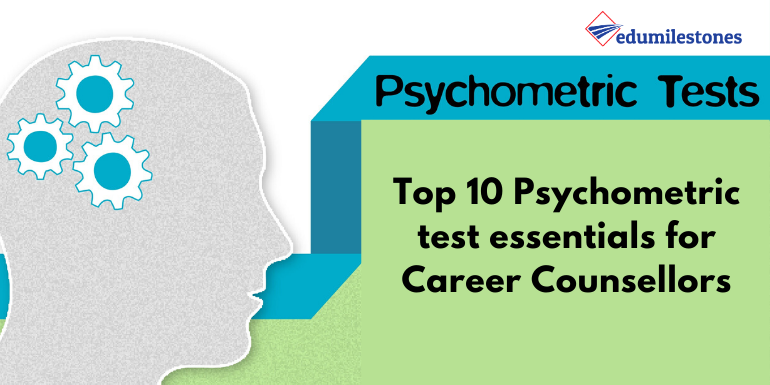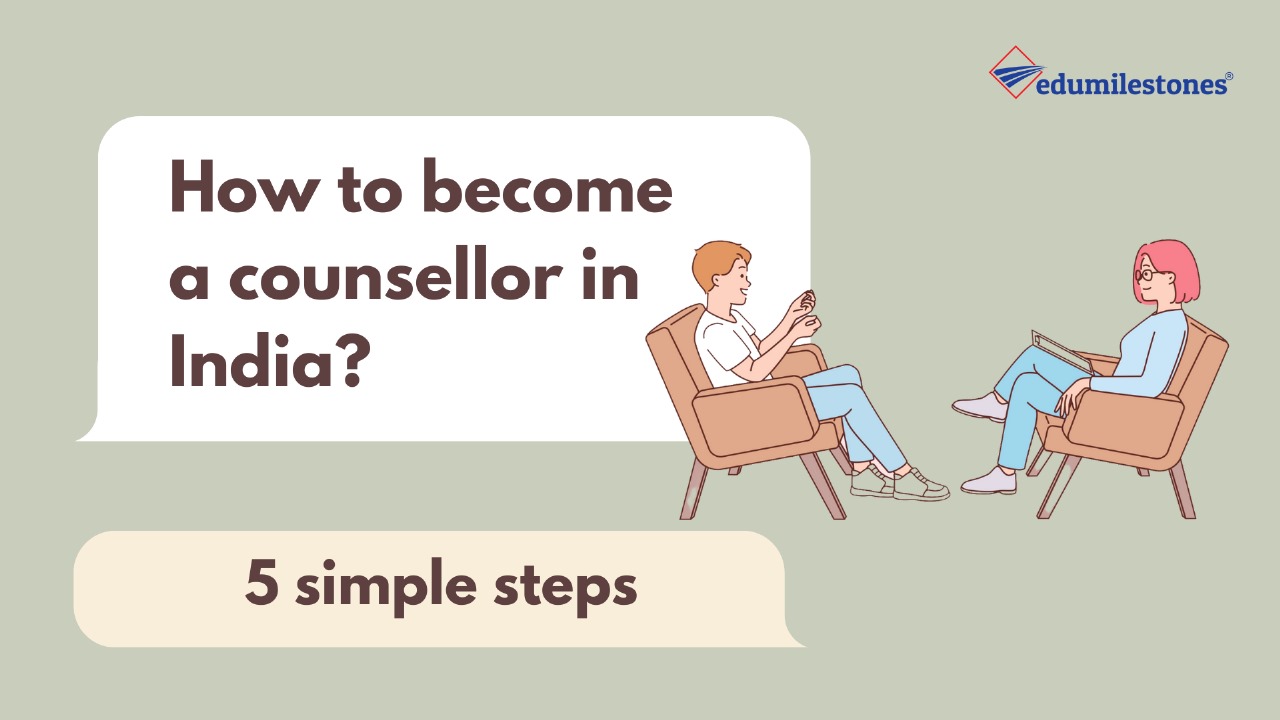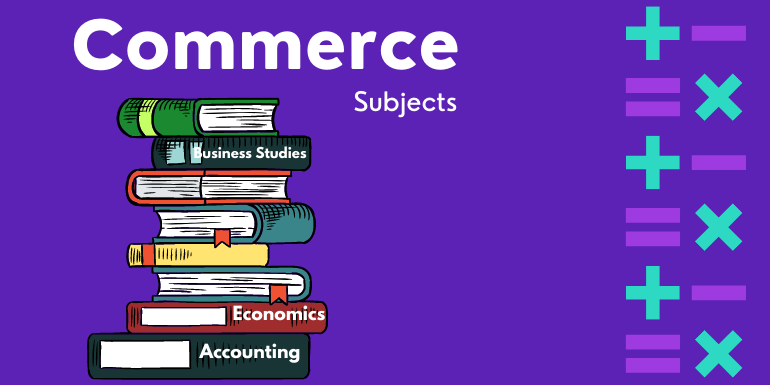Introduction
Life can throw unexpected challenge at us and sometimes all we need is someone to listen and help figure them out. And have if you had the knack of helping others in listening and offering advice, then why not make it official? The role of a counsellor aligns perfectly with this.
A counsellor is a trained professional who acts as mentor,coach and specilist in assisting individuals with emotional , pshycological or career- related concerns by identifying thier goals and providing advice to them.
This article serves as your guide on "How to Become A Counsellor In India". It will help you explore who a counsellor is, the growing demand of counsellor in India and the various requirements, including how to start your counselling practice.
Who is a counsellor?
A counsellor is an expert who provides guidance and support in addressing a wide range of issues, from professional to personal issues. They use various counselling methods to build a warm relationship with their clients and understand their challenges. Through this, the counsellor gains a deeper understanding and helps clients finding solutions in a safe and supportive manner.
Growing demand counsellors in India
The demand of counsellors has been steadily increasing in India, driven by factors like change in lifestyle, stress and anxiety etc. Counsellors now extend beyond the realm of mental health and make a significant impact in educational landscapes as career counsellors. Nowadays, schools and universities give equal importance to career needs and mental health of students as academics. A recommended choice to become a career counsellor is Certified Career Analyst. For more details visit the link.
With raising addiction to drugs, alcohol and other substances in growing youth and adults, addiction centers are on the look for skilled counsellors. The need for professional helps is crucial. Counsellors provide essential guidance.
As the need for guidance and support grows, so the demand for career counsellors across all areas of life. In this article, we will explore what it takes to become counsellor, from skills required to the path of starting career counselling practice.
How To Become A Counsellor In India (the guide)
Educational Requirements To Become a Counsellor
1. Bachelor’s Degree
Bachelor’s degree provides a basic understanding a human behavior and prepares individual for further study. The degree must either be in social work, psychology, or a related step is often the first step.
2. Master Degree
Master degree practical training through internships or supervised practice. Most counselling positions require a master’s degree mandatorily.
Skills required to become a counsellor
- Active Listening: Active listening goes beyond hearing – It involves attentive listening without judgement. To understand and thoughtfully responding to what client is expressing needs active listening.
- Communication skills: Communication skill is the most effective skill to be a counsellor. To convey ideas effective and engage in effective interactions, communication skills is essential. Counsellors must also be skilled enough in asking open-ended questions. Understanding body language, facial expressions and tone can improve the counselling process better.
- Problem solving skills: Strong problem-skills enable counsellors to guide clients in identifying potential solutions and making informed decisions. Clients seek counselling to guide clients in identifying potential solutions and make informed decisions.
- Critical-Thinking: Critical thinking helps counsellors evaluate different perspectives and make informed decisions quickly. Counsellors must be able to analyse the situation and develop the evidence- based strategies for helping clients.
- Patience and Resilience: Counselling may be challenging and progress may take time. Counsellors need to be patient and resilience to support clients in bringing their issues fore-front.
- Flexibility and Adaptability: Every client is unique, so counsellors must be flexible enough to adapt their techniques and provide the best support.
- Ethics: Counsellors need to respect the information shared by clients and maintain confidentiality. Adhering to professional ethics and guidelines builds trust and protects both the client and the counsellor.
Certification and licensing required to become a counsellor
To begin the practice as a counsellor, obtaining certification and license in essential. These certificates and license accredit that counsellors meet the professional standards.
Licensing Requirements
Many non-clinical counselling such as career counselling, life-coaching and guidance counselling requires qualification alone. Hence, not all forms of counselling require license. However, clinical counselling, which involves diagnosing and treating mental disorder, requires proper licensing. In India, especially for those practicing mental health and rehab fields registration with Rehabilitation Council of India is (RCI) mandatory.
State-Specific- Regulations
As licensure requirements of vary by state or country, it’s essential for counsellors to familiarize with specific regulations of location where they intend to practice. Most of the time candidates are required to pass a licensure examination. Commonly accepted exams include:
- NCHME: NCHME stands for National Clinical Mental Examination. This examination evaluates candidate’s ability to apply their knowledge and skills in mental health and counselling scenario’s.
- NCE: National Counsellor Examination(NCE) is administered by National Board of Certified Counsellors (NBCC). This exam assesses a candidate’s knowledge and competencies in general counselling practice.
Certification Requirements
- Specialized Certifications: Counsellors choose to obtain specialized certifications in specific areas of practice. For example:
- Certified School Counsellor: For those who work in educational backgrounds and provide educational guidance require it.
- Certified Marriage and Family therapist: For those focusing on relationship and relationship counselling.
- Certified Substance Abuse Counsellor: For professionals interested in addiction counselling.
- National Certifications: Counsellors can pursue national certifications through organizations like the National Board of Certified Counsellors. These certifications can enhance the job prospects and demonstrate your commitment to the profession.
Internships and Practical Experience for Counsellors
Internships and practical experience allow counsellors to apply theoretical knowledge in real-world and develop essential skills. Counsellors are exposed to a variety of challenges, personalities and mental health issues, which builds their emotional intelligence.
Types of Internships for Counsellors
- Clinical Internships: Clinical internships is where counselling students can observe and assist in treatment plans for clients. They typically work in mental health clinics.
- Career Counselling Internships: Career counselling internships offer aspiring counsellor the opportunity to gain practical experience in helping their clients make career choices and transition between jobs.
- School Counselling Internships: School counselling internships in educational institutions provide academic guidance and career counselling, by addressing student’s issues.
- Rehabilitation Counselling Internships: Interns join substance abuse counselling centers to help individuals recover from addiction issues. Counsellors mostly focus on addictions, trauma and the recovery process.
- Family and Marriage Counselling Internships: This internship focus on counselling couples and families facing relationship issues, conflicts and divorce. Counsellors address issues related to communication and relationship dynamics.
- Youth and Child Counselling Internships: Youth and Child Counselling internships provides specialized training for those who want to worth with children, adolescents etc.
How to Start a Counselling Practice?
To start a counselling practice, here are some essential steps to guide you:
- Obtain Required Qualifications: To initially begin your counselling journey ensure you have the necessary education and qualifications. This typically includes your master degree and license required in your state or country.
- Choose your niche: Specify the area of counselling you want to focus on, such as career counselling, mental health counselling or family therapy. By specializing in a particular area, you can focus your practice and attract your target clients.
- Develop your business plan: Your business plan should outline goals, strategies, target market and services offered. A business plan guides decisions and help in securing necessary funding if required.
- Market your practice: Build a strong online presence with a professional website and social media accounts. Use networking to promote your practice. Conduct workshops or seminars to attract clients.
- Networking: Connect with other professionals in your field like teachers, doctors, social workers, and other counsellors. Networking helps in getting referrals and also expands your support system.
Conclusion
Becoming a counsellor in India is not only fulfilling but also essential in today’s world. With right training, internships and commitment to continuous learning, you can embark on a meaningful career that positively impacts the lives of others.
















